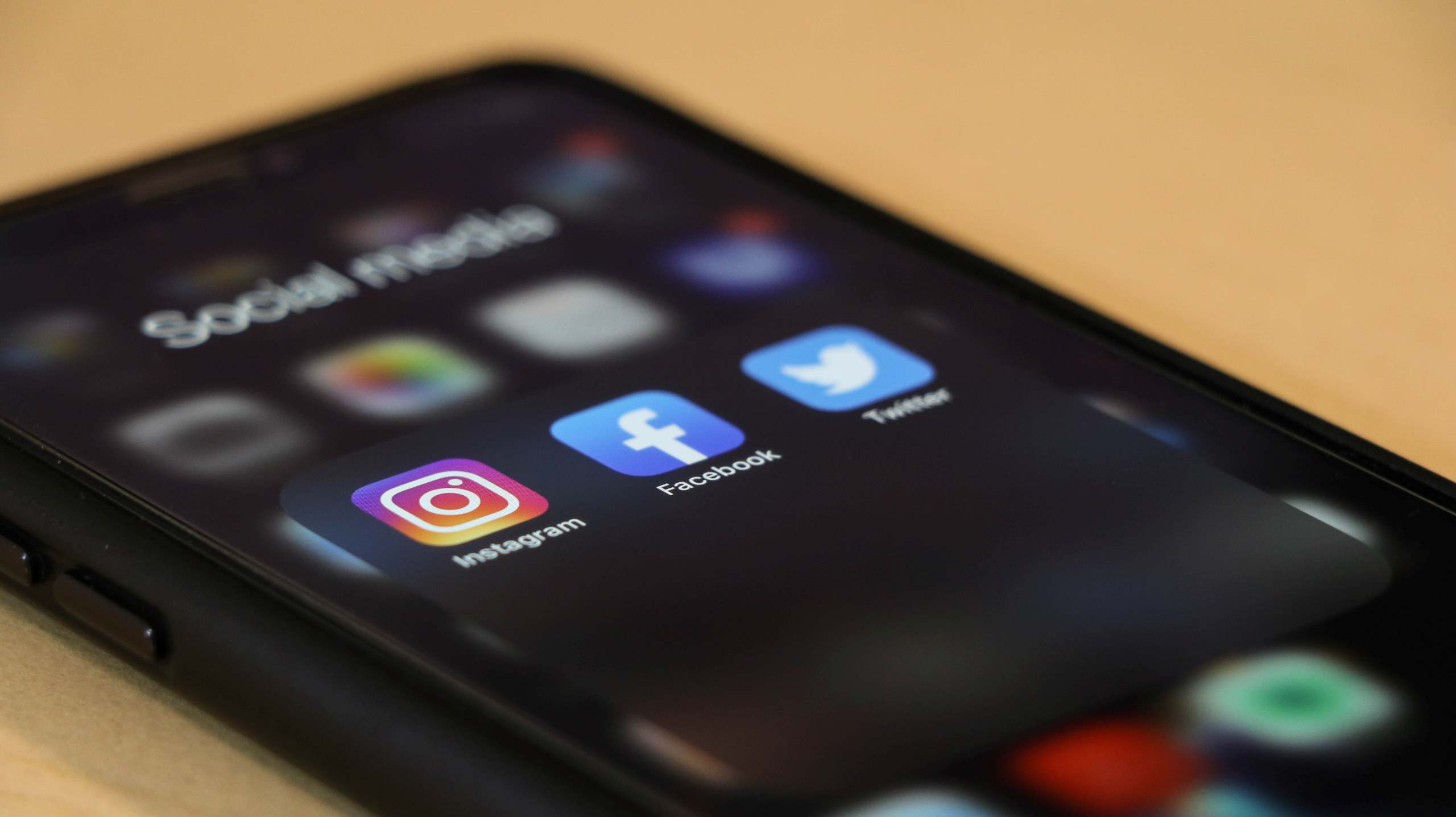As we are probably very acutely aware, our world is rapidly changing. The development of technology, the internet, and subsequently, social media, has had a huge impact on the world. We’re now able to get real time updates on events happening all over the world, we can connect with people we haven’t seen in years, and we have all the information we ever wanted (and many times, don’t want) right at our fingertips. As a grown-up, this is overwhelming to me at times. Imagine this being the only reality you know. Imagine growing up in a world where you’re exposed to so much information at all times. That’s the reality that our teens are growing up with. Many adults can remember growing up slowly, being blissfully unaware of the happenings of the world- this protected many of us from knowing so many harsh realities. This allowed us to grow up and become exposed to these topics when we were more emotionally able to cope with such information. Our teens have all this information now, and they are left to try and decipher what to do with it all. Plus, to add to the complexity, not even all of that information is accurate! So our teens are being exposed to so much information, so much of it being negative, scary, and anxiety-inducing, and they have to decipher whether or not that site, article, tweet, etc. is even accurate. It’s a lot to expect of anyone, particularly our younger generations.
That all being said, the impact of the internet and social media on teens is still being researched. In general, social media can expose kids and teens to bullying, unrealistic beauty standards (due to photoshopped pictures and images and filters used on platforms such as Snapchat), and create unrealistic comparisons between themselves and the version of people’s lives they post about online. These types of posts can alter teens’ ability to realistically evaluate themselves and compare themselves to others, whether what they’re posting is actually an accurate representation of their reality or not.

Teens see these posts, see their friends/family/influencers living seemingly perfect lives and they can start wondering, “What’s wrong with me? Why can’t my life look like that?” Photoshop and filters can cause teens (and many adults) to have body image issues, wanting themselves to be more like the filters. Teens can see pictures of their friends hanging out and wonder why they weren’t invited and come up with conclusions that maybe people don’t like them.
A study conducted by the Royal Society for Public Health asked 14-24 year olds in the UK how social media impacted their health and wellbeing. The survey results indicated that popular social media platforms led to increased feelings of depression, anxiety, poor body image, and loneliness. Other studies show that an increase in social media use show a heightened risk for mental health problems, anxiety, depression, lower sleep quality, and lower ratings in life satisfaction.
If you have a teen, this is how you can help them:
- Set reasonable limits with them on their phone use. Teach them how to avoid letting their phone use interfere with sleep, meal time, school work, and other activities. Help them establish personal boundaries and limits and model appropriate behavior yourself by doing things like not using your phone at the dinner table.
- Monitor your teens accounts. Let them know that you’ll be doing this and make sure that you follow through regularly.
 Teach them about appropriate online behavior. This can look like creating empathy for the person who may be reading their comments, encouraging them not to post sensitive information or inappropriate pictures, what to look out for when talking to people online for safety concerns, and so much more. Keep reminding them that what they see online isn’t always reality.
Teach them about appropriate online behavior. This can look like creating empathy for the person who may be reading their comments, encouraging them not to post sensitive information or inappropriate pictures, what to look out for when talking to people online for safety concerns, and so much more. Keep reminding them that what they see online isn’t always reality.- Encourage them to spend time with their friends away from screens. Help them organize fun events with their friends so they can create support for themselves and socialize away from their phone.
About the Author
Maria Mangione (she/her), M.A., LPCC is a licensed clinical counselor that specializes in dialectical behavior therapy. Maria works to help people develop the tools they need to develop trust in themselves and build their life worth living. Maria believes in having meaningful connections with her clients and believes that therapy and healing can be fun. Click Here to learn more about Maria’s experience and therapeutic style.
Information for this article was collected from:
https://childmind.org/article/how-using-social-media-affects-teenagers/

